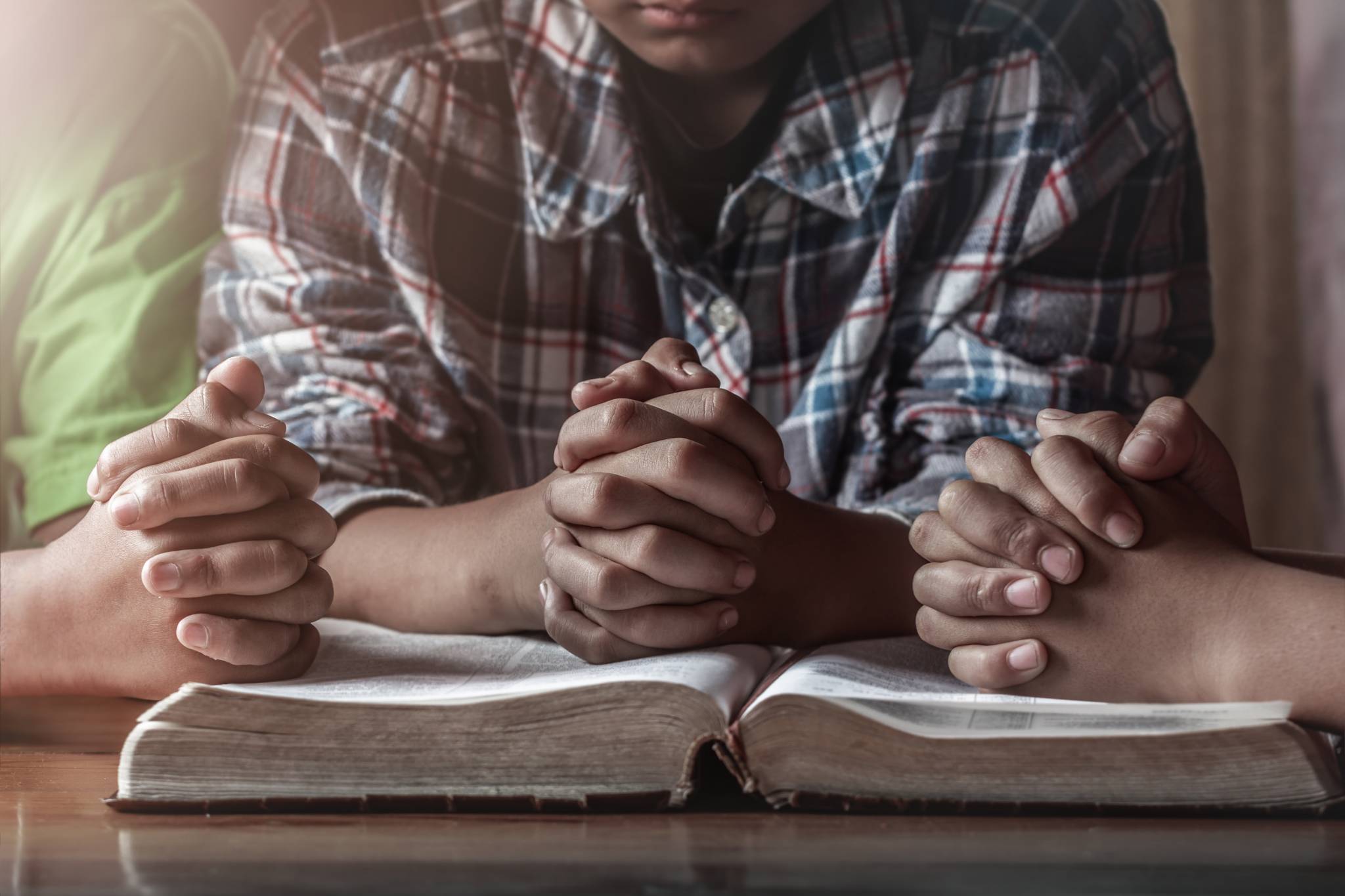Church and Family Resources
Download printable lessons from our new IPHC Kids curriculum for use at home or in small kids groups.
UPDATED 3/13/2020, 2:17 EDT.
Bookmark this page for updated IPHC information and resources for responding to this situation in your church.
Church Leaders Webinar (March 23) - Details coming soon
Original Response Below
The current world health situation seems new and frightening, as novel coronavirus (COVID-19) spreads to new countries every day, and new cases appear in the United States. These new stories can fill our social media feeds—and our hearts—with fear. How should churches and Christians respond to this challenge?
The short answer is, the church should respond to every situation with prayer and preparation. Every local church’s situation is unique, and while more might be required later, consider taking the following general action steps.
- Pray! We can and should face this situation with faith and trust rather than fear. IPHC General Superintendent Doug Beacham has called for the IPHC to arise in intercessory prayer for the world. “Fear and panic are impacting individuals, families, congregations, airlines, cruise ships, economies, and nations,” Dr. Beacham writes on his Facebook page. “May we hear the words of the Lord, ‘Do not be afraid.’ The Holy Spirit is calling us to kneel in the gap for people globally.” Set aside time this Sunday to pray for those affected worldwide, for churches and Christians in affected countries, specifically for faith and courage.
- Stay informed. The coronavirus situation is fluid, and misinformation can be dangerous, too. Seek updated information at the Centers for Disease Control CDC website, which provides the latest information and advice for the public.
- Take action in your church. Everyday preventive actions can help stop the spread of respiratory viruses like COVID-19. Encourage your congregation to:
- Avoid close contact with sick people.
- Limit contact with others if you are sick. Stay home as much as possible, and seek medical attention if your condition worsens.
- Cover nose and mouth when coughing or sneezing. Use a tissue or napkin, if possible, and throw it away. Help prevent the spread of germs by avoiding touching your eyes, nose, and mouth.
- Clean and disinfect surfaces and objects that may be contaminated with germs. You may need to allocate additional time or resources for cleaning after church gatherings.
- Wash your hands often with soap and warm water for at least 20 seconds. If soap and water are not available, use an alcohol-based hand rub with at least 60% alcohol. You may consider providing sanitizer at church entrances.
- Follow local health department guidelines if more significant measures become necessary. They may have print resources you can distribute to your church.
- Look for opportunities—even unusual ones—to serve your community. Our tendency in crises is to look inward, but the gospel calls us to look outward, to those in our communities who need the light and life promised by the gospel. This situation provides the church an opportunity to demonstrate its trust in God.
“The primary response of the church is to express peace and confidence
in the midst of panic and fear, showing our trust in the Lord.”
—Russell Board, IPHC Regional Director for Continental Asia
- Above all, commit yourself, and your church and community, to the Lord Jesus Christ. The coronavirus has presented a challenge to the world, and to a church seeking to be faithful. But Jesus is our loving Savior, our trustworthy King, and our faithful Healer, and He is present, ruling, and working no matter what challenges we face. Under the threat of fear and uncertainty, we can confidently live out of His limitless peace.
Additional Resources
CDC Coronavirus Home: https://www.cdc.gov/coronavirus/2019-ncov/index.html
Lee Grady, How to Pray When a Global Virus Is Spreading


